The Weather Forecast Research Team
Exceptional people. Novel ideas. Bold vision.
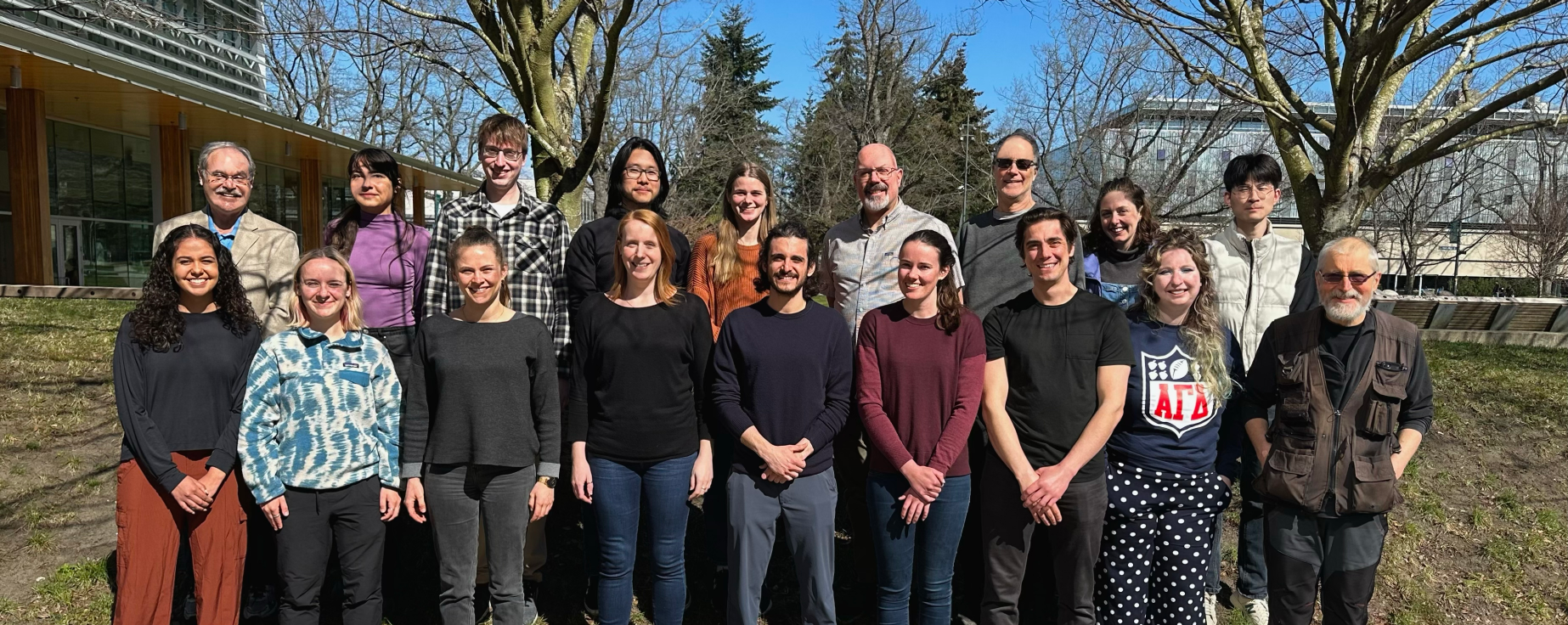
Photo: Apr 2023

Photo: Apr 2023
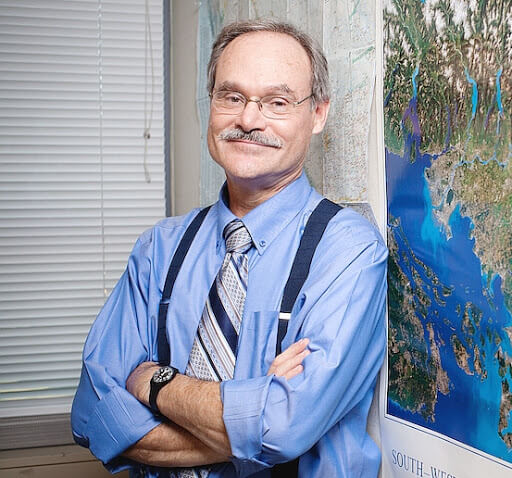
I am a Professor of Atmospheric Science. As director of the Weather Forecast Research Team (WFRT), my goal is to improve numerical weather prediction and apply it to the benefit of society. I also have extensive experience in atmospheric boundary layers, turbulence, dispersion, and air quality. I am a Certified Consulting Meteorologist, and fellow of both the Canadian Meteorological & Oceanographic Society (CMOS) and the American Meteorological Society (AMS).
Our 20-member team focuses on making high-resolution, real-time daily, operational ensemble numerical weather forecasts (NWP) for all of Canada, with emphasis on the complex terrain of western Canada. We use both dedicated in house computer clusters and remote cloud computing for our forecasts. This work is sponsored by a wide range of agencies and clients, including the Canadian federal government, provincial and territorial governments, regional and local governments, national and regional nonprofit organizations, energy industries, transportation industries, a wide range of consulting companies.
In addition to operational daily NWP, we do extensive research, including field work utilizing suites of specialized sensors including new instruments we have devised (rocketsonde buoy system, expendable smoke and weather sensors), theoretical work on atmospheric behavior and smoke dispersion, development of machine learning algorithms for big data analysis, and research on ensemble NWP. Our productivity can be seen in our roughly 120 journal publications and extensive participation in technical conferences.
As a professor, I also have fun teaching courses at all levels. Our newest course ATSC 413 is on Forest Fire Weather & Climate. I also led the development of ATSC 313 Renewable Energy Meteorology and ATSC 113 Weather for Sailing, Flying, and Snow Sports. Each year I teach ATSC 201 Meteorology of Storms, and I help teach EOSC 114 Natural Disasters. In the past I’ve taught ATSC 303 on weather instruments, and ATSC 212 on Computer Programming for Atmospheric & Oceanic Sciences. On alternating years I teach grad courses ATSC 507 Numerical Weather Prediction Meteorology, and ATSC 595D Atmospheric Dispersion Modeling. I am also the author of two textbooks: “Practical Meteorology: An Algebra-based Survey of Atmospheric Science” which is free online, and “An Introduction to Boundary Layer Meteorology.”
But I am most proud of my research team. See their bios below.
Awards & Achievements

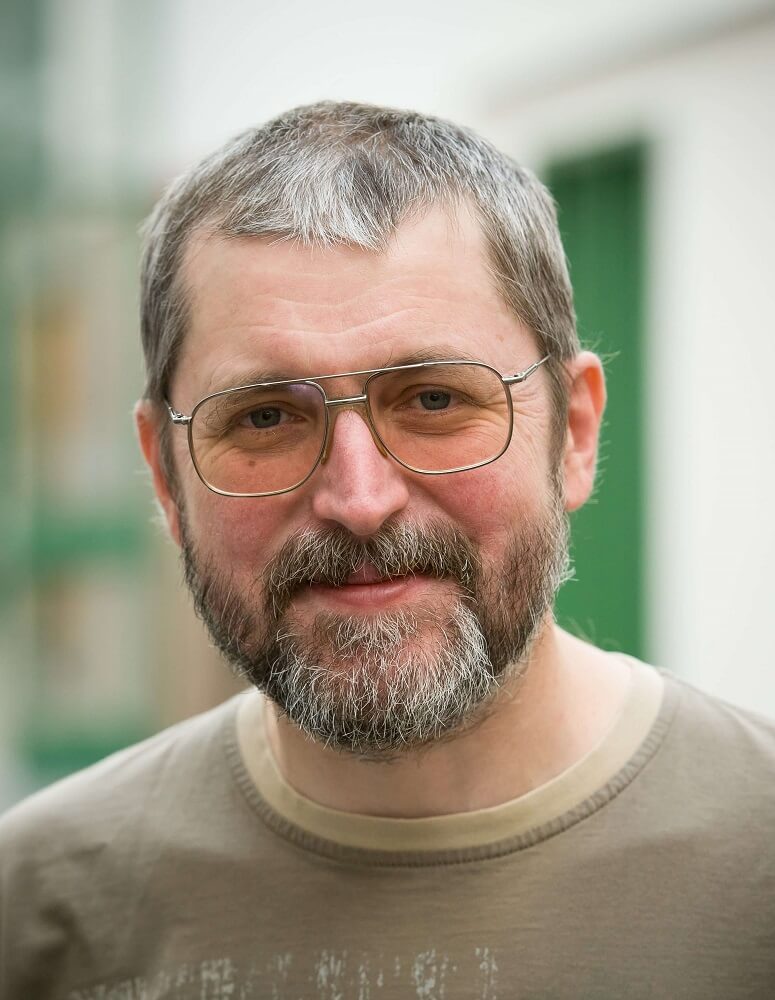
I have been with WFRT since the beginning. I started as a PhD student doing research in turbulence modelling and, after completing my PhD in 2004, I stayed with the team as Research Associate. I have been interested in modelling aspects of atmospheric physics from the very beginning of my research journey. First in modelling of air-pollution transport and expanding to broader aspects of numerical weather prediction with focus on turbulence models. Over the years my duties moved from research towards end-user application aspects of weather forecasting. Currently, I work part-time for the team and I am mostly involved in special projects for users of our forecasts as well as in maintaining our real-time forecast operations.


I became a member of the WFRT in May 2020. My expertise lies in extreme weather events, wind-tree interactions and electrical grid damage caused by windstorms. I am also an expert in practices for managing wind hazard in forest stands. Specific areas of interest include the climatology and meteorology of coastal windstorms, atmospheric rivers and snowstorms, and forecasting these and other events. I am an instructor in physical geography, teaching courses in weather & climate and natural hazards. I sometimes work as a consultant on extreme storms.

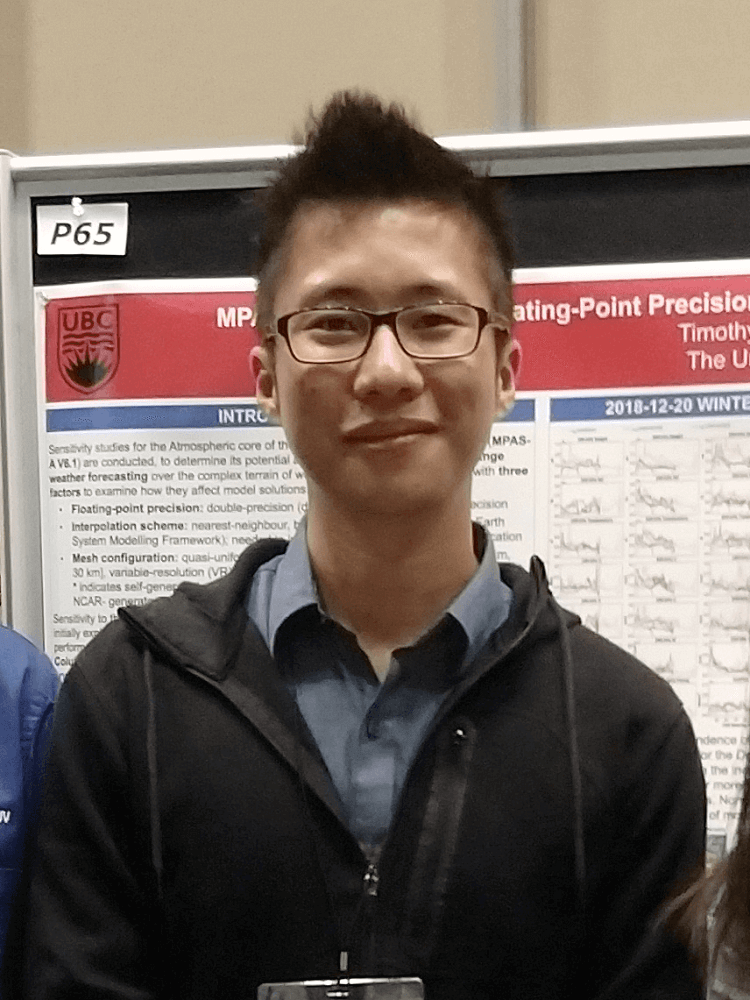
I am a PhD candidate in Atmospheric Science, working under Prof. Stull as a researcher specializing in numerical weather prediction (NWP). Much like many of the other researchers on this team, my interest in weather started from a young age. However, my focus started narrowing towards NWP when I first worked under Roland as an undergraduate research assistant in 2014. After having graduated with a BSc. (Hon.) in Atmospheric Science at UBC, I joined the team full-time as a graduate student. My research is on improving multi-scale weather prediction on unstructured meshes, specifically on spherical centroidal Voronoi tessellations (SCVT). I have expertise with installing and running the Weather Research and Forecasting (WRF) model and the Model for Prediction Across Scales (MPAS), and leveraging cloud-computing technologies such as the Google Cloud Platform to run such models within a high-performance computing (HPC) context. I also serve as an assistant sys admin on the team, and have experience working with a variety of weather- and air-quality-related software. Outside of work, I enjoy hiking, reading, and video games (though, unlike what most people would expect, I have not played Heavy Rain).
Awards & Achievements
WFRT Member of the Season - Fall 2023
Recognized for hard work and selfless collaboration.


I joined the WFRT as a PhD student in Atmospheric Science at UBC in Fall 2025, co-advised by Dr. Roland Stull and Dr. Tina Liu. Originally from Florida, I earned my undergraduate degree in Applied Mathematics with a minor in Energy & Environment from Harvard University in 2024. After graduation, I continued at Harvard as a post baccalaureate researcher, extending my undergraduate work on the “conditional means framework” to develop a physically informed approach for classifying extreme events, particularly extreme temperatures and air pollution. I also served as a Mickey Leland Energy Fellow at the U.S. National Energy Technology Laboratory, where I built machine learning models to support the synthesis of alloys for hydrogen energy infrastructure. Broadly, I am interested in how modern data techniques can help us understand and respond to high-impact environmental phenomena that threaten those living in communities like my hometown. Outside of research, I am an avid runner and traveler with a passion for film and live music.

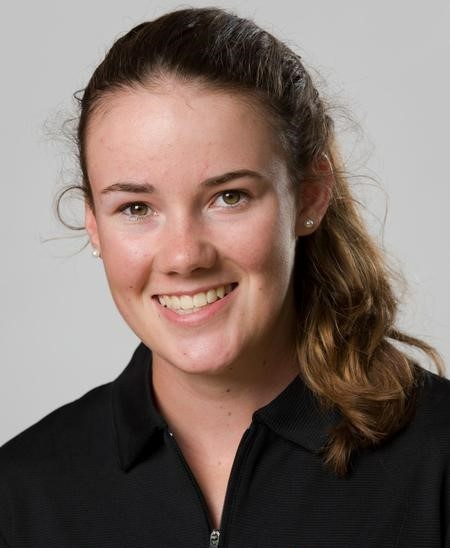
I am a PhD student in Atmospheric Science and joined the WFRT at UBC in September 2021. I am originally from New Zealand where I completed my BSc in Earth Science and Agribusiness from The University of Waikato and my MSc in Hydrology from Massey University. Alongside my academic career, I have worked as a consultant hydrologist. I have worked many projects that utilise rainfall-runoff modelling to predict future river flows and flood levels. The large influence weather predictions have on the validity of model outputs spurred my interest in atmospheric science and prompted me to pursue my PhD in this area. My current research aims to develop an improved methodology for estimating probable maximum precipitation and probable maximum flood with regard to climate change, using a coupled atmospheric hydrological model, statistical post-processing and machine learning. Outside of work and study, you will likely find me with a paddle in my hand. I love kayaking, including canoe sprint, surf ski and canoe polo disciplines and enjoy exploring the outdoors.
Awards & Achievements


I joined the WFRT in September 2021 as a PhD student. I am from Edmonton, AB where I completed my BSc (Hon.) in Atmospheric Science from the University of Alberta and completed an undergraduate thesis focused on shoaling internal solitary waves. I then went on to complete a MSc where I studied sea ice model sensitivities in the Canadian Arctic. I have had a passion for weather from a young age and have enjoyed following and predicting severe weather on the prairies. My interest in weather prediction grew when I obtained an undergraduate position with Environment and Climate Change Canada. Here, I assisted in tracking and gathering reports of severe weather across the prairies to be used for weather warnings and bulletins. During this time, I grew my love for numerical weather prediction and boundary layer processes. My research interests are primarily focused on mountain meteorology, boundary layer parameterizations, as well as turbulent orographic form drag and physically based stochastic parameterizations. In my free time I love to run, hike, and read novels; I am also growing my mountaineering skills for future trips to the mountains.

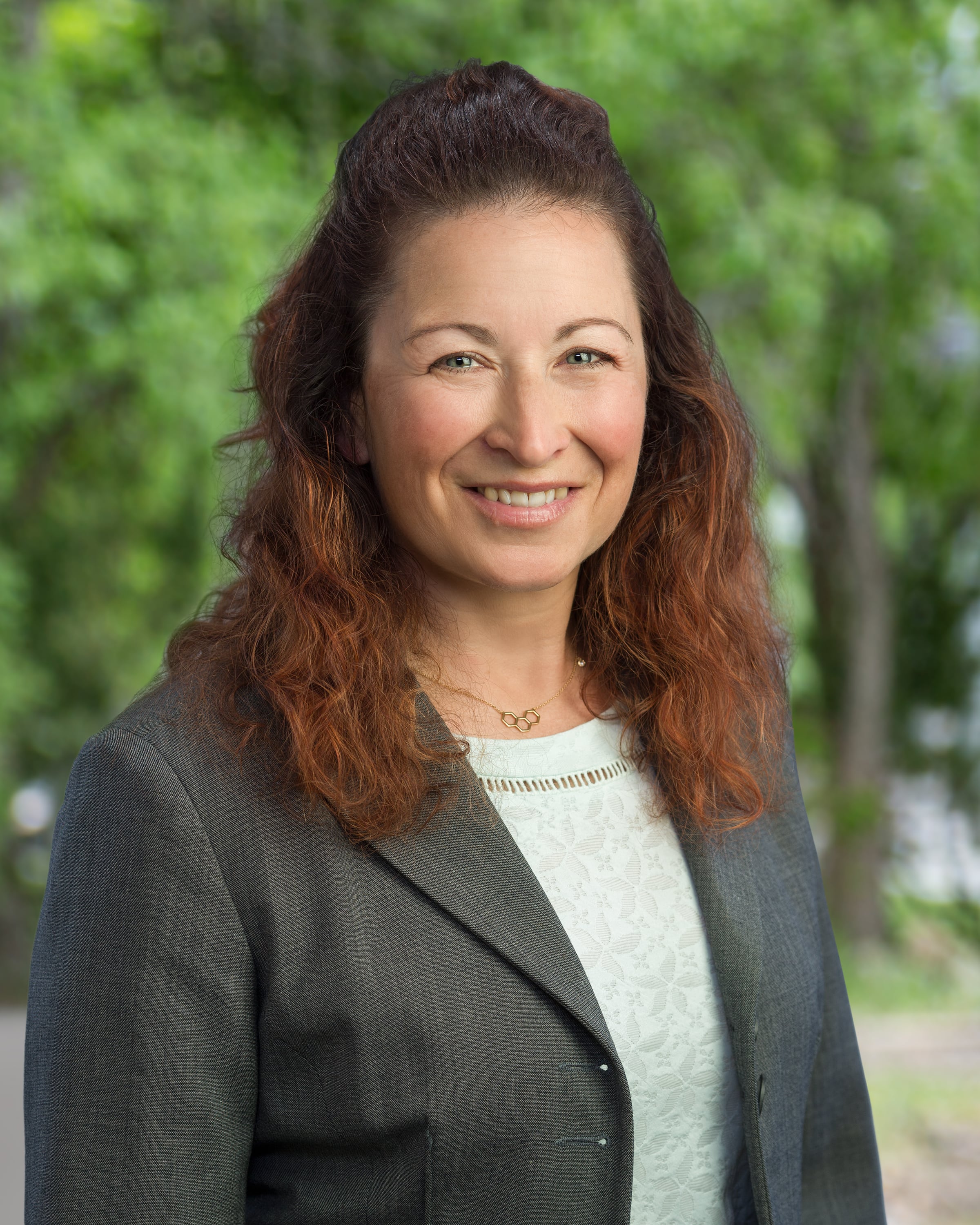
Lynn has been a member of the WFRT since September 2023 and is completing a PhD in Atmospheric Science. She has been a registered geoscience professional for over 20 years and worked as a geophysicist in the Canadian Oil and Gas industry. Her technical background includes seismic interpretation of complex geology around the world, and the use of advanced techniques that incorporate seismic inversion and machine learning to the study of subsurface architecture and reservoir properties. As a business professional she has experience in risk analysis, investment, and asset management. She was a professional witness at a regulatory hearing and has started her own consulting company. Lynn enjoys the collaborative nature of team environments and has been a member of international Corporate Joint Ventures with assets located in Australia and Algeria. In August 2023, Lynn completed her MSc in Geosciences with a specialization in Applied Meteorology from Mississippi State University. Her research project focused on improving the accuracy of wind speed forecasts in the offshore environment. Lynn’s graduate coursework covered advanced weather forecasting techniques, satellite and radar imagery, GIS, weather hazards and their societal implications, climate change, and statistical methods in climatology. She holds a BSc in Applied Physics/Geophysics from the University of Waterloo. In her spare time Lynn enjoys spending time with her family, hiking, and cross-country skiing in the Rocky Mountains, exploring the badlands and dinosaurs of Drumheller, and taking photos of the extreme weather in the vicinity of Calgary, Alberta. She trains in Taekwondo with her son, and they both recently earned their black belts.

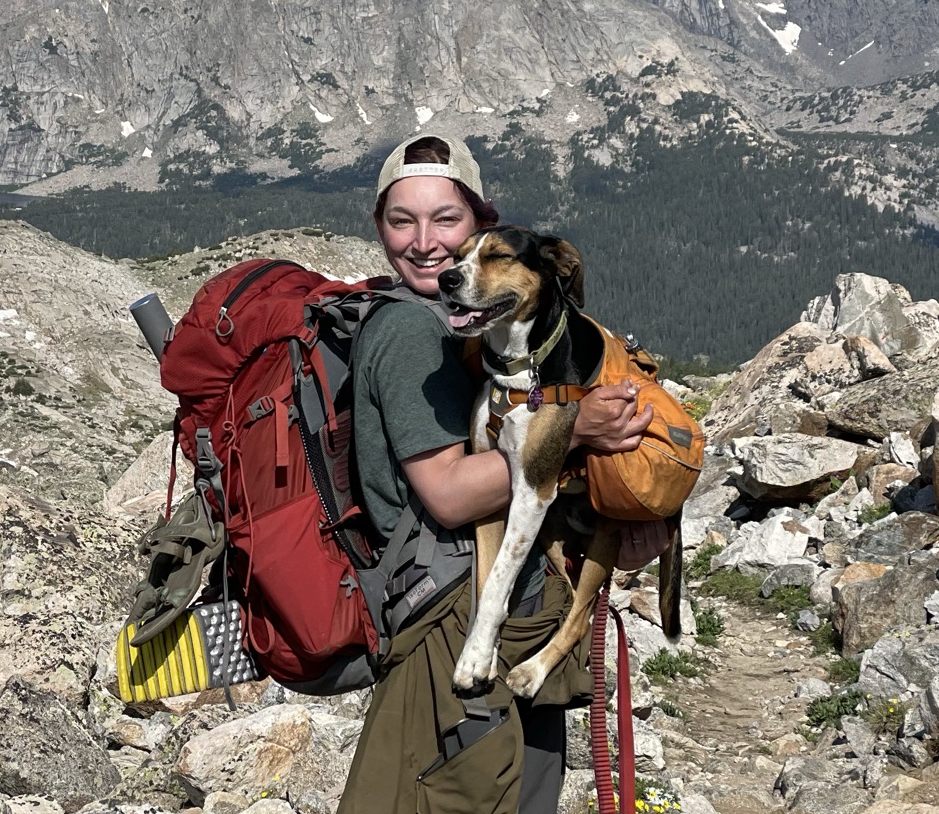
I will be joining the WFRT in the Fall of 2023. I graduated with a B.S. in Mathematics from Saint Michael’s College in 2016, and have since been working in data reporting and software development. I recently returned to academics to pursue a Certificate of Graduate Study in Complex Systems and Data Science from the University of Vermont. In this program, I became interested in stability analysis and bias correction in weather models. I hope to apply my background to forecast improvements for complex terrain and deep learning applications for weather models. In my free time I enjoy running, snowboarding, and eating pastries.

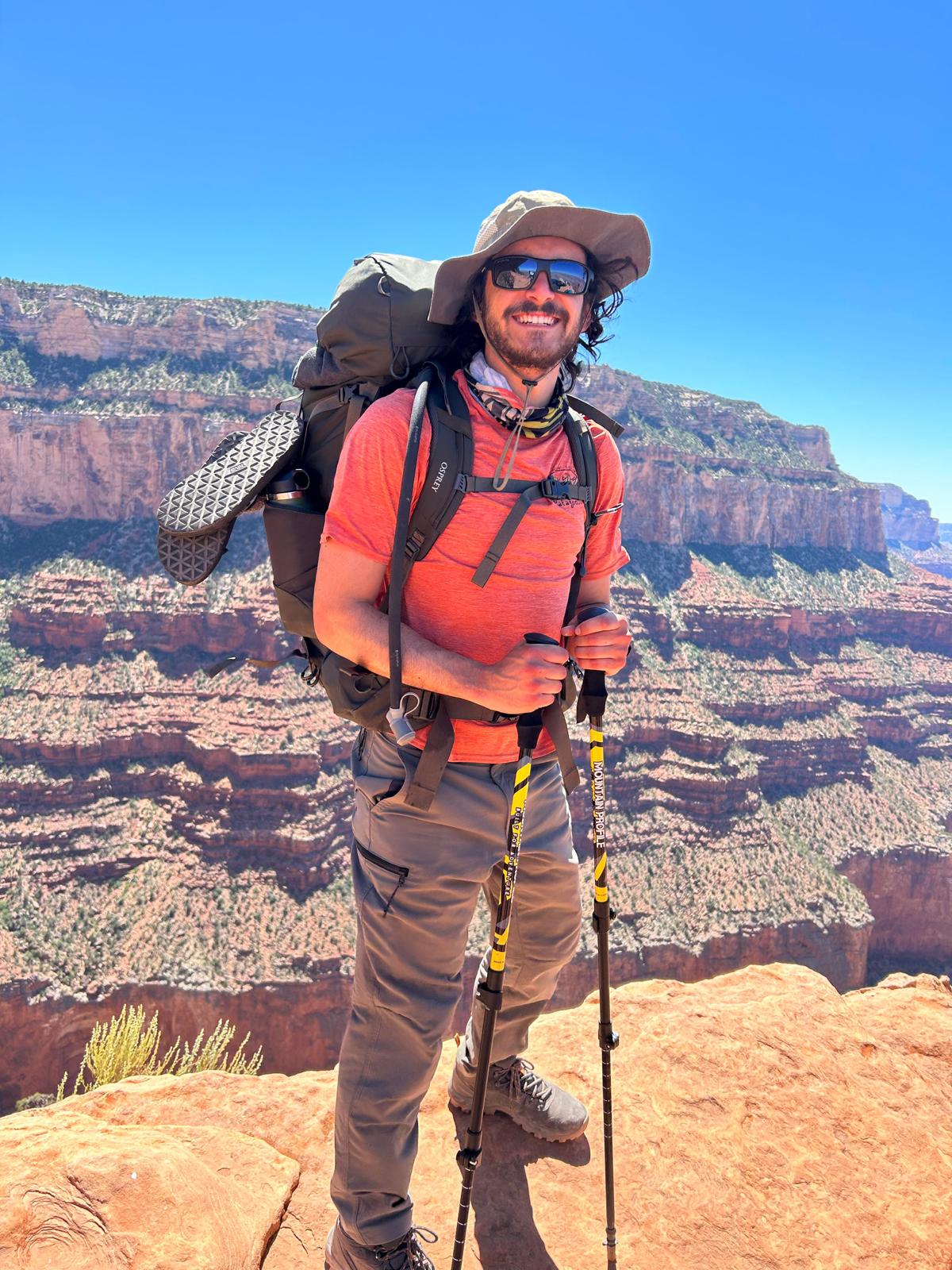
I joined the WFRT in July 2022 as a master’s student in Atmospheric Science. In 2020 I graduated from Florida Institute of Technology with two Bachelors of Science in Aviation Meteorology and Aeronautical Science and a minor in Unmanned Aerial Systems. During my time as an undergrad I also received my multi-engine Commercial Pilot Certificate as well as an instrument rating and conducted research in anomalies of turbulence forecasts and observations. Shortly after graduating, I was given the opportunity to work as a Post-Bachelor Research Assistant for the Information Systems and Modeling Group (A-1) in Los Alamos National Laboratory (LANL). During my time at LANL I worked onseveral projects involving the Quick Urban and Industrial Complex (QUIC) Dispersionmodel, the Higher Order Turbulence Model for Atmospheric Circulation (HOTMAC) transport modeling system, and the development of a low-order diffusive wake model for wind energy power forecasts. I am fascinated by mountain flows and the effect they have in both large- and small-scale dynamics. During my time at UBC, I look forward to exploring flows in complex terrain through the improvement of my scientific programming abilities, utilization of my meteorological knowledge, and collaboration with the rest of the team. During my free time I am a computer building enthusiast and love to build, upgrade, and push the limits of personal computer systems. I am also an amateur photographer, enjoy hiking, camping, and snowboarding.

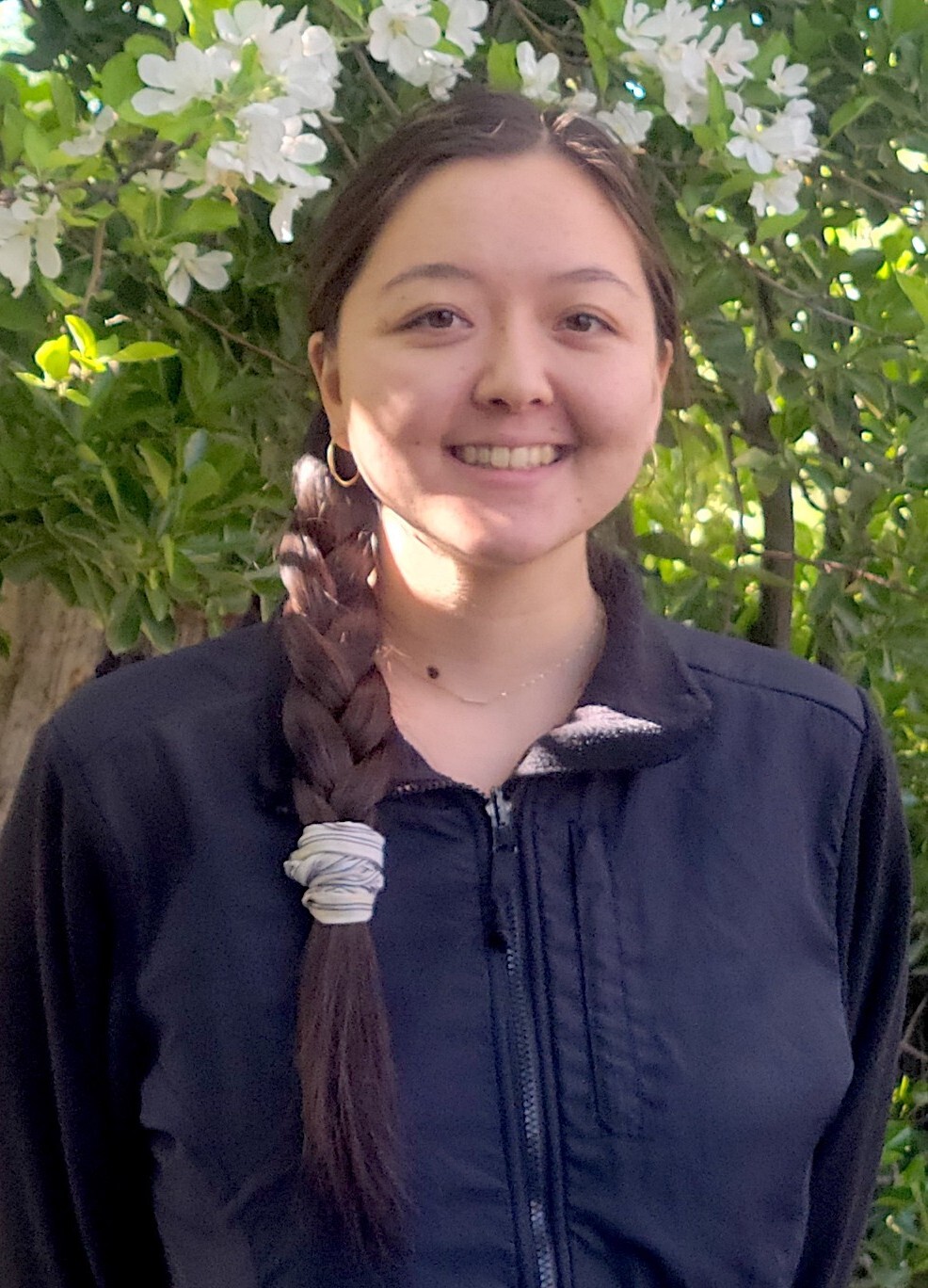
I joined the WFRT as a master’s student in the fall of 2023. In 2021, I graduated from the University of California, Los Angeles with a bachelor’s degree in Atmospheric & Oceanic Sciences, where I conducted research on the air quality impacts of the 2020 wildfire season in the western United States. Prior to beginning my graduate studies at UBC, I was a post-bachelor’s student researcher at Los Alamos National Laboratory. At LANL, I worked on various applications of the Quick Urban and Industrial Complex (QUIC) Dispersion model and participated in field experiments collecting wind data. I am broadly interested in wildfires and hope to contribute to the WFRT’s smoke forecasting efforts. In my spare time, I like to ice skate, travel, and study languages.

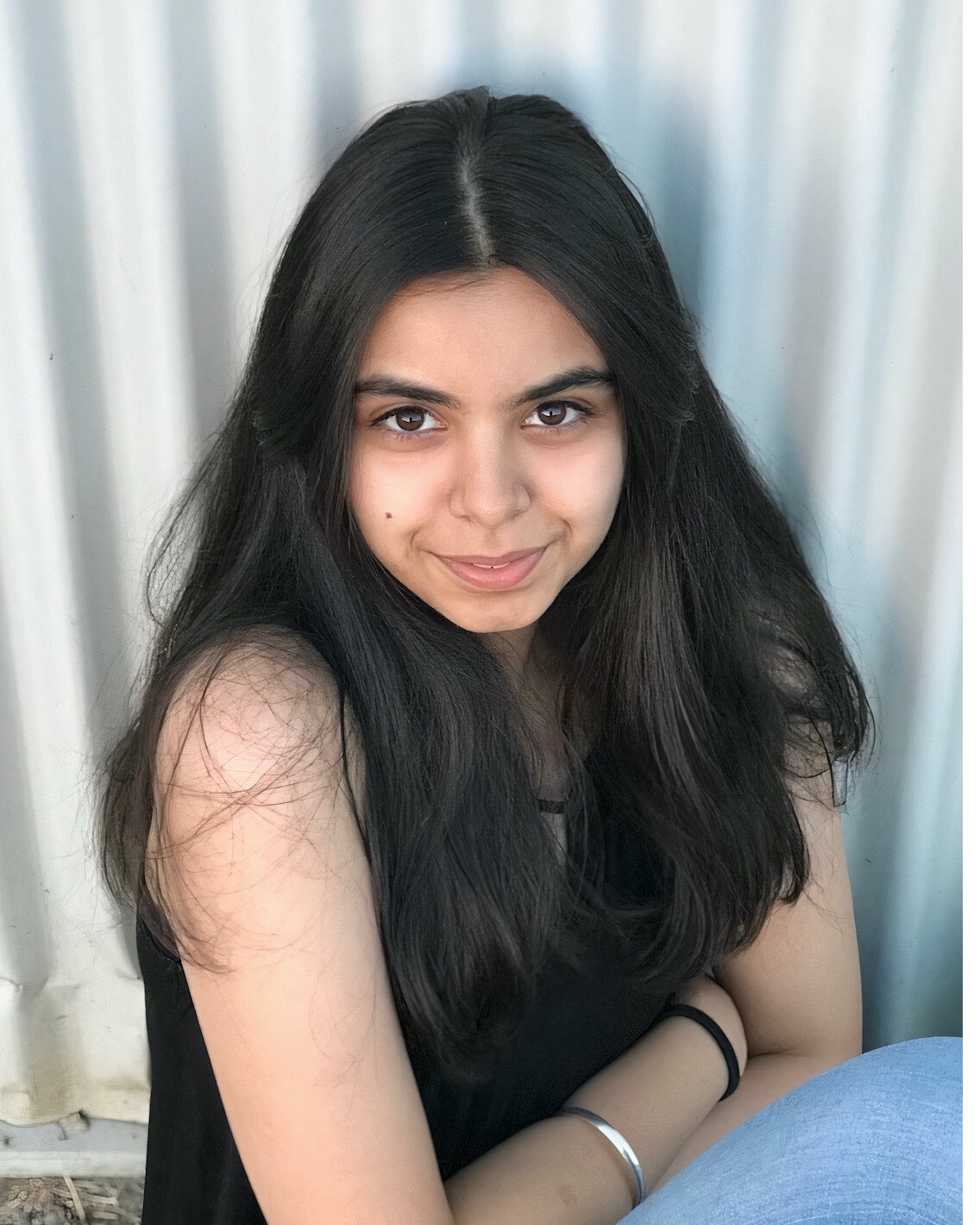
I am pursuing an undergraduate degree in Physics, and I am excited to join the WFRT in the summer of 2023. Growing up in Surrey, I was fascinated of the sky and watched more Weather Network than cartoons. Integrating my interests of Physics with further research in Atmospheric and Climate Science, I grew passionate of a future within air traffic controlling, aeronautical meteorology, clean energy and satellite remote sensing. With the WFRT, I hope to learn new software languages such as Fortran and use computational models to forecast weather. Fun fact about me is that I have never been on a plane before, so truly it is the curiosity of the unknown that inspired my passion! I also enjoy cooking, biking and singing.


My name is Kayla Joachim, a third year undergraduate transfer student from the University of British Columbia’s Okanagan campus. I grew up in a rural town near in Massachusetts where I developed a passion for cloud formations and providing weather forecasts to my family. I am delighted for the opportunity to work within the WFRT team and further my interest and knowledge in meteorology and atmospheric science. This summer, I am hoping to learn more about numerical weather prediction, programming, and how mathematics can contribute to the weather forecasting process. In my free time I enjoy photography, swimming, and puzzles.

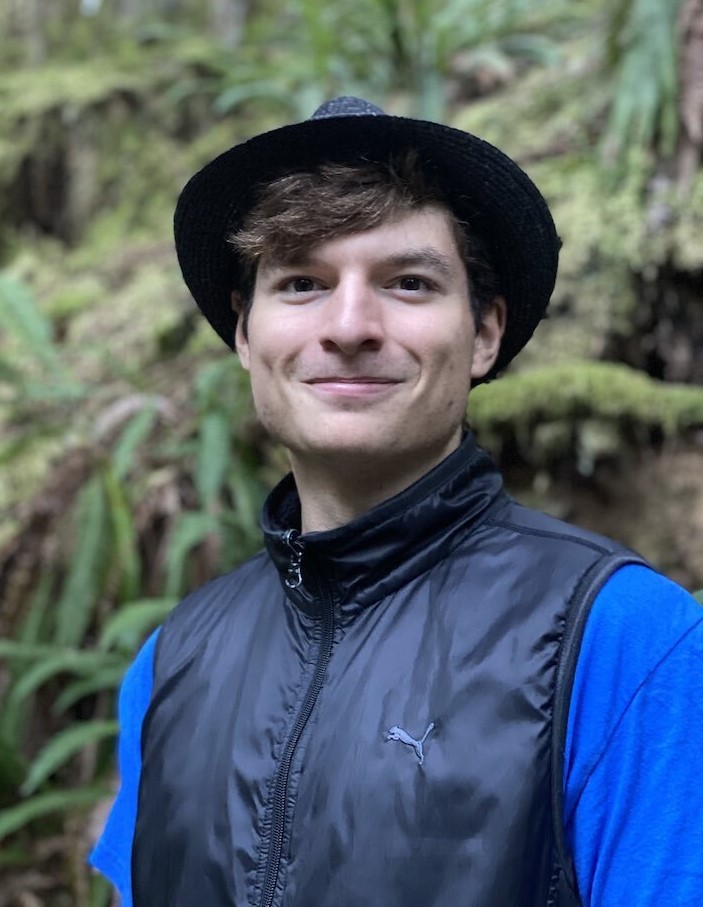
I am an undergraduate student studying Environmental Sciences at UBC and I am thrilled to be a part of the WFRT starting in January 2024. I am also pursuing the Certificate in Climate Studies and Action. I come from Guelph, Ontario, where I have advocated for stronger renewable energy policy and have experienced weather phenomena such as ice storms and heat waves. I have been passionate about understanding climate change and weather since a young age, including monitoring ski snow reports and forest fires across Canada. I am excited to contribute to ongoing research, learn more about clean energy, and understand the computational methods behind weather prediction. I also love to sing, ski, and plan events with the UBC Science Undergraduate Society.

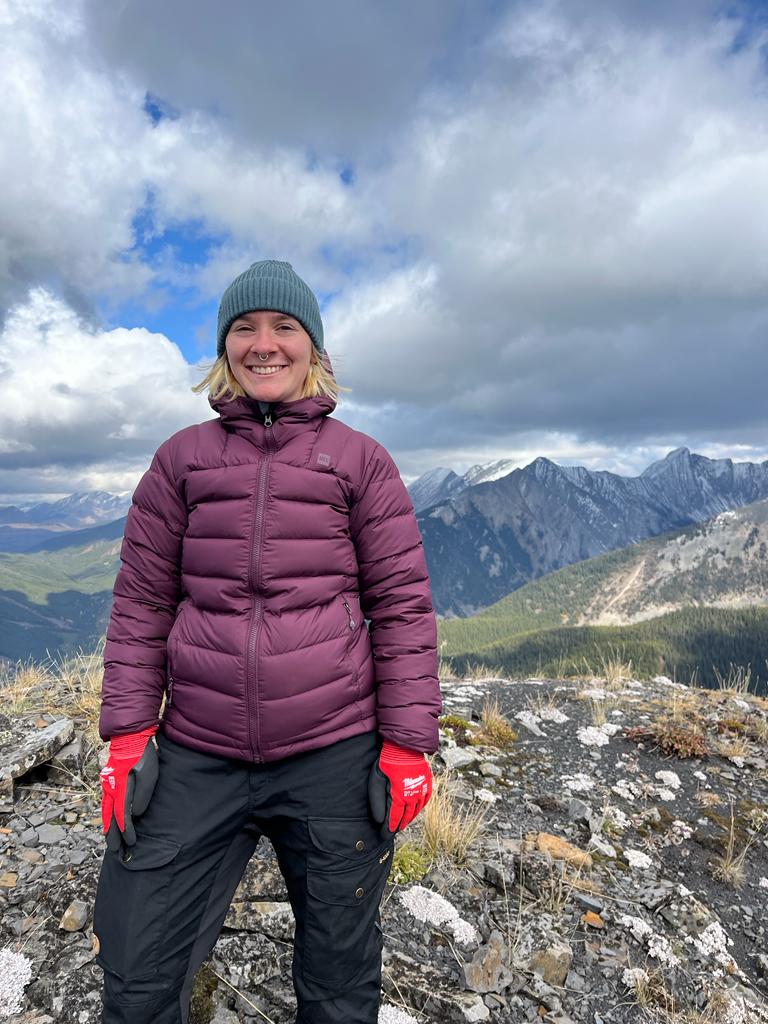
I graduated in Atmospheric Science at UBC in 2025, and I am grateful to be a part of the WFRT since the summer of 2022. I am originally from Saskatchewan, where I first gained interest in weather from watching prairie thunderstorms every summer, and blizzards every winter. I am interested in atmospheric circulation, instrumentation, and climate change. One of my current projects consists of installing weather stations across Metro Vancouver. In my free time, I like rock climbing, baking and playing violin.


I’m an undergraduate student majoring in Computer Science and minoring in Earth and Environmental Science at UBCO, particularly interested in building computer systems from ecological principles. I’m also a software developer with a background in web development. With a long-standing fascination of atmospheric science, I joined the WFRT in the summer of 2024 as a programmer working on the BlueSky-Playground. Outside work and school, I like to write about epistemology, bike and garden.

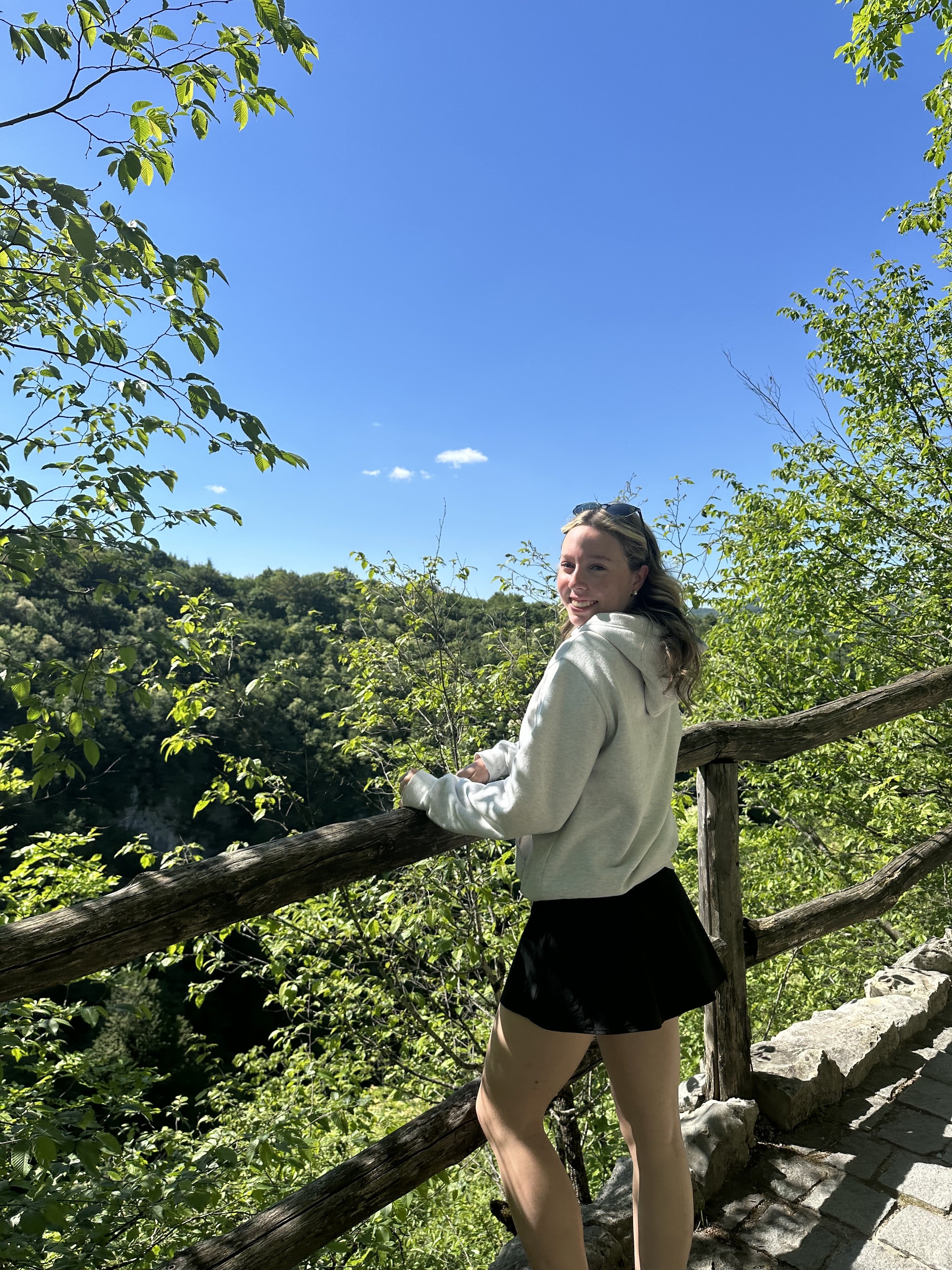
My name is Alanna and I am a fourth year undergraduate student at UBC studying Mathematics with a minor in Atmospheric Science. I was thrilled to have the opportunity to join the WFRT in May 2025 and I am excited to expand my knowledge of the field of atmospheric science. I am from Victoria, British Columbia, but I originally grew up in Ontario. I am particularly interested in storms and extreme weather, forest-fire weather, numerical weather prediction, and weather instruments. I am eager to learn more about these topics and the role of mathematics in the field. Outside of school, I love travelling, hiking, swimming, baking, and movies.


Hi! My name is Sanchia, an incoming third-year student in Atmospheric Science major at UBC. I joined WFRT in Summer 2024. While the environment and atmosphere have been interesting to me, it is not until I took the course ATSC 113 (Applied Meteorology) in my 1st year when I got much exposure of how much the atmosphere affects our daily life. This course also made me decide to pursue atmospheric science as a major. I am eager to contribute to current and future research projects with the WRFT, and I look forward to improving my skills in data analysis and programming. Outside of academia, I enjoy swimming, reading, watching series, and hiking.


I joined the WFRT in 2012 with an engineering degree and experience working in pulp and paper and online services. During those years I gradually pivotted from machine design and manufacturing through quality management and into system administration and software development. Since joining the WFRT I have had the challenging and rewarding responsibility of being part of a small group that enables the team to conduct innovative research while also delivering reliable, high-quality operational forecast products and services. In addition to system administration, I’m responsible for development and operations of the BlueSky Canada wildfire smoke forecasting system at firesmoke.ca.

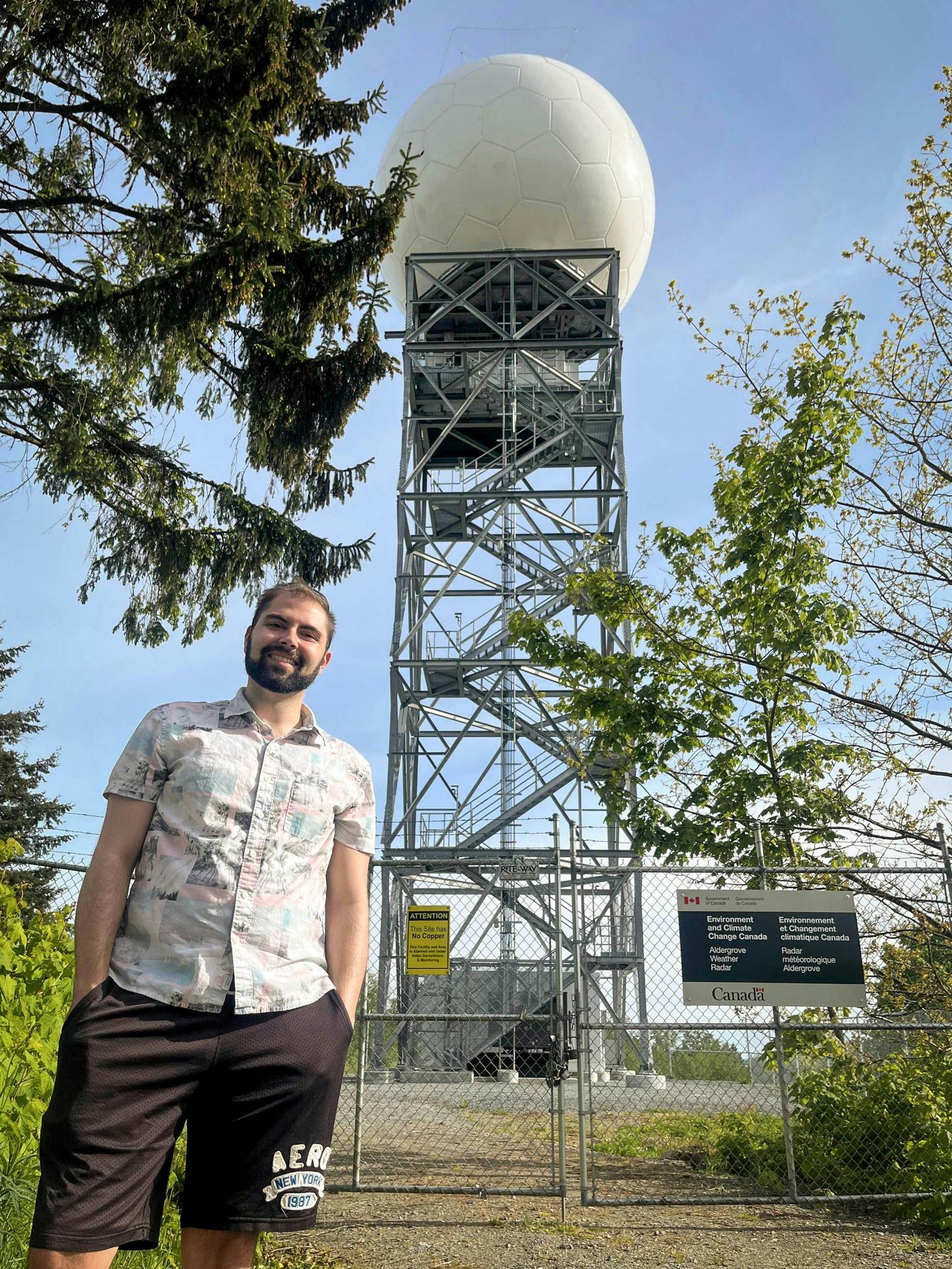
I joined this research team at UBC in September 2016. I am originally from Montreal, Quebec, Canada, where I graduated with an Honours BSc in Atmospheric Science from McGill University. My research interests include cloud and precipitation microphysics, numerical weather prediction (NWP), mesoscale meteorology and applied remote sensing. In particular, my thesis will explore the optimization of microphysics schemes in NWP models with high-quality data retrievals from ground-based polarimetric radar. I am an enthusiast and practitioner of inclusive teaching and learning, and completed a Certificate in Advanced Teaching and Learning (CATL) at UBC in 2018. Outside the PhD life, I love biking, reading, creative writing, trying to be funny, and enjoying the company of friends and family.
Awards & Achievements


I am an Adjunct Professor in EOAS and a UBC instructor. I am an instructor for ATSC 113 (Weather for Sailing, Flying & Snow Sports). This is a first-year course in Applied Meteorology for any UBC student since there are no prerequisites. Over 11,500 students have taken this course since 2018. I am an instructor for ATSC 313 (Renewable Energy Meteorology), a course about weather driving hydro, wind, and solar power. I am one of the team of instructors for EOSC 114 (The Catastrophic Earth: Natural Disasters) where I teach the Storms portion of the course. Prior to being a UBC instructor I was the manager of Meteorology Services for BC Hydro, western Canada’s largest utility. In this role I worked closely with the WFRT to develop custom weather analysis and forecast products for BC Hydro and Powerex. Earlier I was a senior meteorologist with Environment Canada, providing operational weather forecasts for public, aviation, marine, and commercial clients.
Awards & Achievements


Dr. Greg West is a meteorologist at BC Hydro (the province’s primary electrical utility) and an Adjunct Professor at UBC, and has been working with the Weather Forecast Research Team (WFRT) at UBC since 2010. He has a background in synoptic and mountain meteorology and WRF modeling, and since joining the WFRT, has developed expertise in a range of areas. These include hydrometeorology, wind energy, probabilistic forecasting, verification, post-processing (including machine-learning-based methods), and others. UBC and BC Hydro have developed a very fruitful working relationship over the years, where the WFRT develops and builds forecast tools, methods, and products for BC Hydro. West serves as a liaison between the two groups.


Sean’s public, private, academic, and nonprofit sector experience ranges from founding a startup, to operational flood and water supply forecasting at BC Hydro, managing a team at the Meteorological Service of Canada, R&D leadership at the USDA-NRCS National Water and Climate Center, and his current position as the Program Scientist for the NASA Western Water Action Office (WWAO). Sean’s interests are diverse but focus on integrating data science, process physics, experiential human knowledge, and diverse data sources including remote sensing, into analysis and prediction algorithms that span disciplines and bridge gaps between theory and practice. Sean graduated from the University of British Columbia and Oregon State University. His contributions to the WFRT are primarily to serve on graduate student supervisory committees and provide guidance on hydrologic prediction and machine learning. He’s also passionate about science outreach; examples include a book with Princeton University Press, articles for Wired and Scientific American, and water resource-related volunteerism in Mexico, Ukraine, Romania, and Mauritania.
